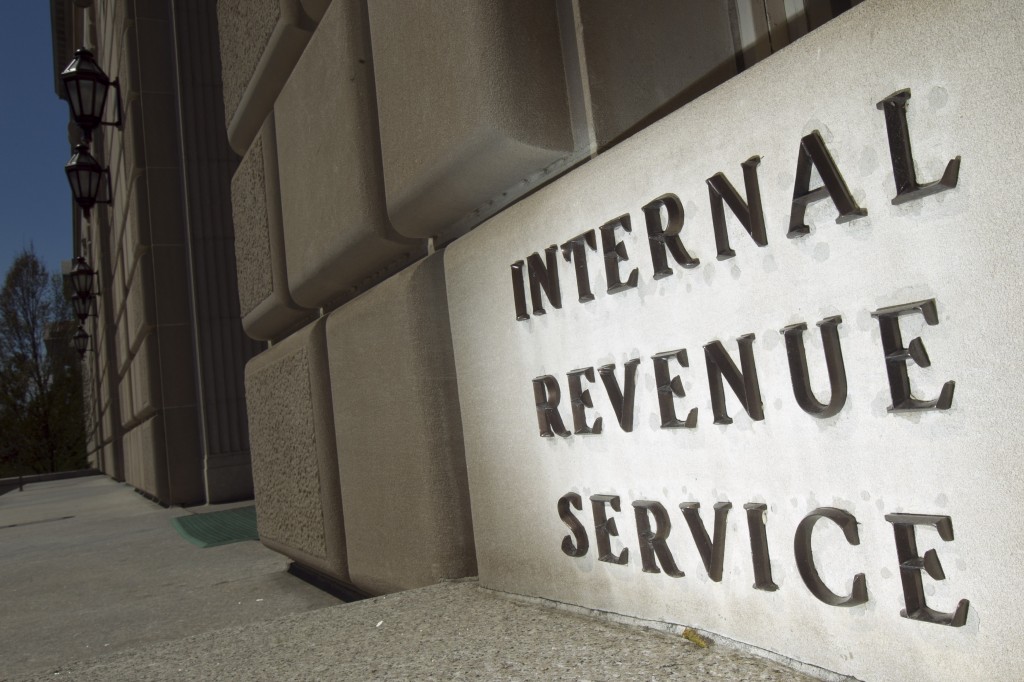- N1.15tn Revenue Shortfall Recorded in 2016
The National Assembly, on Thursday, scored the Federal Government low on the performance of the capital expenditure in the 2016 budget.
The Federal Government, however, blamed the low performance on revenue shortfall, adding that while the total revenue target was N1.506tn, only N398bn was generated in the 2016 fiscal year, with a revenue shortfall of about N1.15tn.
The government also said it had achieved 55 per cent performance on the N870bn capital expenditure.
These were made known at a forum jointly organised by the Senate and House of Representatives Committees on Appropriations.
The Chairman of the Senate Committee, Senator Danjuma Goje, had asked the Federal Government officials how much had been released and cash-backed, the percentage of releases and percentage of cash backs out of the total budget.
In her presentation, the Minister of State for Budget, Mrs. Zainab Ahmed, recalled that the 2016 budget was predicated on an oil benchmark price of $38 per barrel, with an average oil output of 2.2 million barrels per day, and official exchange rate of N197 to a United States dollar.
She added that based on the aggregate revenue of N3.86tn, the size of the 2016 budget was N6.06tn, with a deficit of N2.2tn or 2.14 per cent of the Gross Domestic Product, which was supposed to be financed with local and foreign borrowings as well as recoveries.
Ahmed said, “We had last year prepared a Strategic Implementation Plan for the 2016 budget and this plan was principally prepared to guide the implementation of the budget. To this end, we identified 34 key priority areas and with very clear and verifiable targets.
“However, challenges in the economy have undermined the full realisation of the objectives set out in the SIP. Notwithstanding, for most of 2016, crude oil prices exceeded the benchmark of $38 per barrel. There had been a significant shortfall of projected revenue, which was caused largely by the disruption of crude oil production by militant activities.”
Others factors that affected the 2016 revenue target, she said, were fuel supply shortages, significant challenges with power supply and foreign exchange supply scarcity.
The minister stated, “The shortfall in the level of crude oil exports resulted in significant reduction in government revenues and foreign exchange shortages, which caused the economy to slip into recession. Since 95 per cent of our foreign exchange earnings come from the petroleum sector, this has impacted adversely on the level of non-oil revenues as well. The non-oil revenues were significantly impacted, as a lot of activities, even in the non-oil sector, depend largely on foreign exchange.
“On the expenditure side of the budget, the personnel costs were met completely; debt service obligations were fully met, but capital expenditure was behind targeted estimates. It is, however, important for us to note that by the close of the year, about N834bn was already released as capital expenditure. Let me also say that this is the highest release in the history of our country for a very long time. In fact, it exceeds the aggregate capital expenditure of the 2015 budget.”
The Accountant General of the Federation, Ahmed Idris, in his presentation, stated that one critical aspect of budget implementation that concerned his office was that of funds release “as appropriated and as approved.”
According to Idris, the total capital payment or releases for 2016 as of Thursday was N870,055,792,283.
He put the amount of Internally Generated Revenue at N398,335,850,749.45, adding, “There was also receipt or approval from FAAC of N4.058tn during the year.”
He said, “In doing that, we have invited the Minister of Finance (Kemi Adeosun) and other officials of the ministry; Minister of Budget (Senator Udo Udoma); Minister of State for Budget (Zainab Ahmed); Director General, Budget Office (Ben Akabueze); the Accountant General of the Federation (Ahmed Idris); Director General, Debt Management Office (Abraham Nwankwo); and the Governor of Central Bank of Nigeria (Godwin Emefiele).
The session started on a dramatic note when a member of the committee, Senator Jibrin Barau, called the attention of the lawmakers to the absence of some officials from the meeting.
“Chairman, I can see that the Minister of Finance is not here and this is a very important session that the minister needs to be here. I don’t know why she is not here,” he said.
Adeosun later joined the session.
Goje also announced the absence of the Governor of the Central Bank of Nigeria, Godwin Emefiele, and asked to know his representative.
An Acting Director of the CBN, Mr. Mohammed el-Yakubu, indicated that he was representing Emefiele and expressed the “sincere apologies” of the governor to the lawmakers.
But the announcement angered the lawmakers.
Members of the committee asked that Emefiele’s representative to leave the meeting, insisting that the CBN governor or one of his deputies should be at the meeting.

 Forex3 weeks ago
Forex3 weeks ago
 Naira2 weeks ago
Naira2 weeks ago
 Billionaire Watch2 weeks ago
Billionaire Watch2 weeks ago



 Naira3 weeks ago
Naira3 weeks ago






 Naira2 weeks ago
Naira2 weeks ago




 Naira1 week ago
Naira1 week ago




 Naira4 weeks ago
Naira4 weeks ago






 Naira1 week ago
Naira1 week ago
























